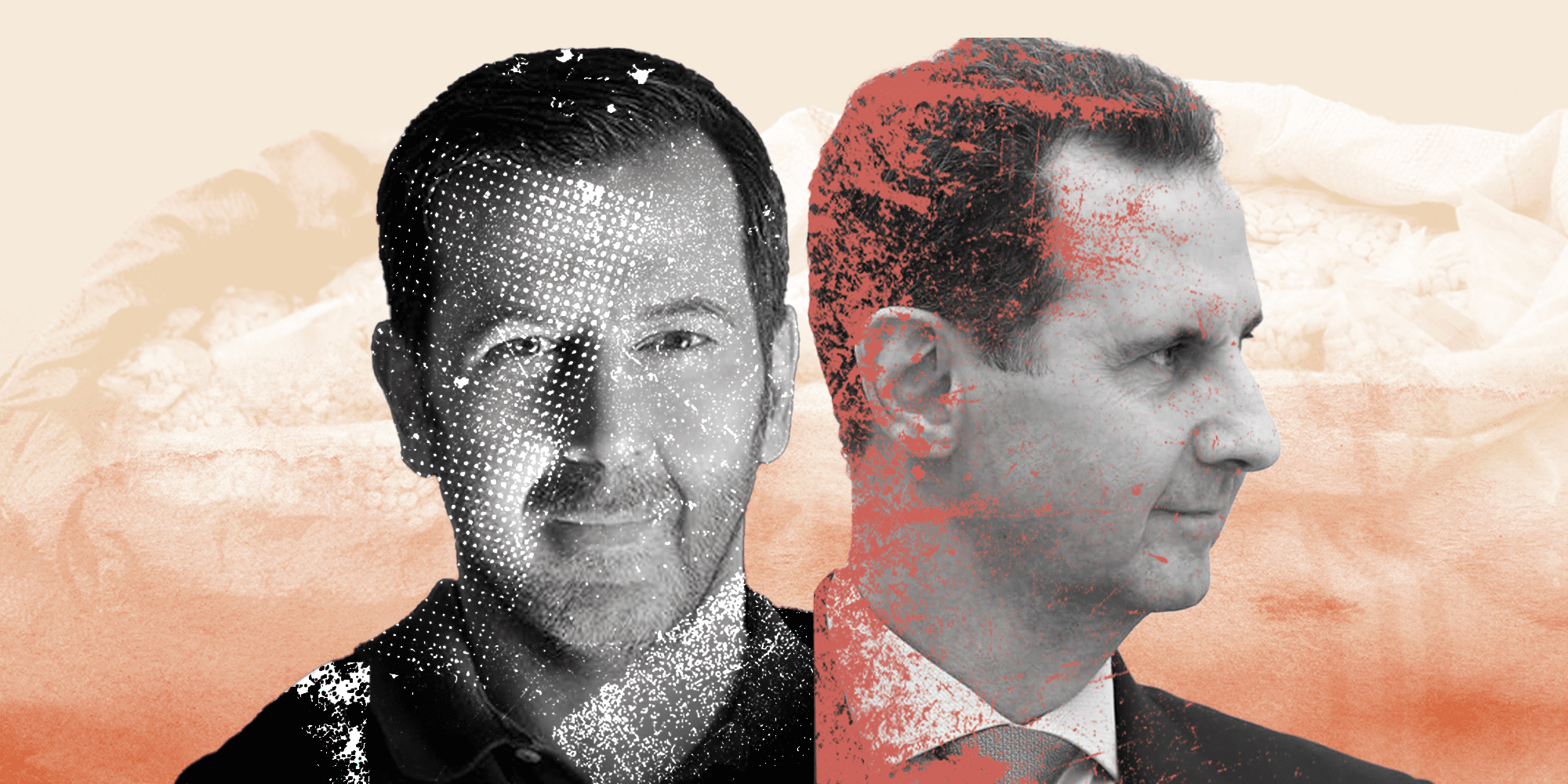Reports indicate that Syrian President Bashar al-Assad has begun reducing the influence of his brother Maher’s economic network. Maher al-Assad, commander of the elite Fourth Division of the Syrian army, oversees Syria’s shadow economy, including revenue from checkpoints, Captagon trafficking, arms smuggling, and extortion.
In the context of escalating regional tensions due to Israel’s military actions in Gaza and Lebanon and airstrikes in Syria, a rivalry appears to be surfacing between Bashar and Maher. This rift centers around Bashar’s apparent pivot toward Russia, seeking protection for his regime, even if it means reducing Iran and Hezbollah’s influence.
Bashar’s gradual shift toward Moscow, highlighted by reports that he allegedly facilitated strikes on Iranian forces in Syria, has caused tensions with Tehran, which perceives this pivot as a betrayal after years of support. While Iran feels its loyalty is compromised, Maher’s resistance to limiting Iranian influence and continuing to supply Hezbollah has also drawn Israeli attention, culminating in airstrikes on his properties.
Meanwhile, some sources downplay the rivalry, describing it instead as a strategic “survival game” between factions led by each brother. One associate of Maher even described their relationship as “Alalak al-Masadi,” signalling a pragmatic and fluid alliance during regional crises.
Targeting the Economic Fronts: Mohammad Hamsho and Maher’s Network
Maher has wielded the Fourth Division not only as a military force but as a lucrative “economic institution.” Maher’s network facilitates activities such as oil smuggling, money laundering, and checkpoint fees, according to regional analysts. This shift toward monetizing control echoes the family’s historical precedent: the 1970s power struggle between Hafez al-Assad and his brother Rifaat. When Rifaat attempted a coup, he was exiled following a lucrative financial settlement.
Recently, businessman Mohammad Hamsho, a key player in Maher’s economic network, saw his immunity lifted by the People’s Assembly after his Turkish passport was exposed. This revocation is widely seen as a message from Bashar aimed at curbing Maher’s economic influence. Hamsho is not alone; other associates of Maher, such as businessmen Mujahid Ismail and Khaled al-Zubaidi, are under increased scrutiny and potential prosecution.
Redrawing the Fourth Division’s Boundaries
Other figures tied to Maher’s enterprise include Mujahid Ismail, leader of the Baath Brigades militia, and Khaled al-Zubaidi, head of the Syrian-Algerian Business Council, both facing sanctions. Since 2018, al-Zubaidi has led significant projects under Syria’s reconstruction plans, including Marota City. Sources familiar with palace dynamics predict that Bashar may further target Maher’s allies, including businessman Khaled Kaddour, who has cornered Syria’s cigarette market with operations in Dubai.
Meanwhile, Raif al-Qoutli, Maher’s chief of checkpoint revenue, recently implemented new tariff structures for goods crossing regime and opposition areas. His newly formalized fees for the Fourth Division’s control zones illustrate the network’s internal boundaries within Syria’s own borders.
Shifting Alliances or a Tactical Maneuver?
Amid the recent war between Israel and Hamas, Bashar’s closer ties to Russia have improved relations with Gulf and European nations seeking to ease sanctions on Syria. The reopening of the Saudi and Italian embassies in Damascus reflects a diplomatic shift, but whether Bashar’s recent actions indicate a genuine distancing from Maher and his Iranian-backed network remains uncertain.
The coming days may reveal whether this campaign against Maher’s economic interests is a serious attempt to reorient Syria toward Russia—or a mere facade to placate international players as new geopolitical alliances take shape in the Middle East.
This article was translated and edited by The Syrian Observer. The Syrian Observer has not verified the content of this story. Responsibility for the information and views set out in this article lies entirely with the author.


